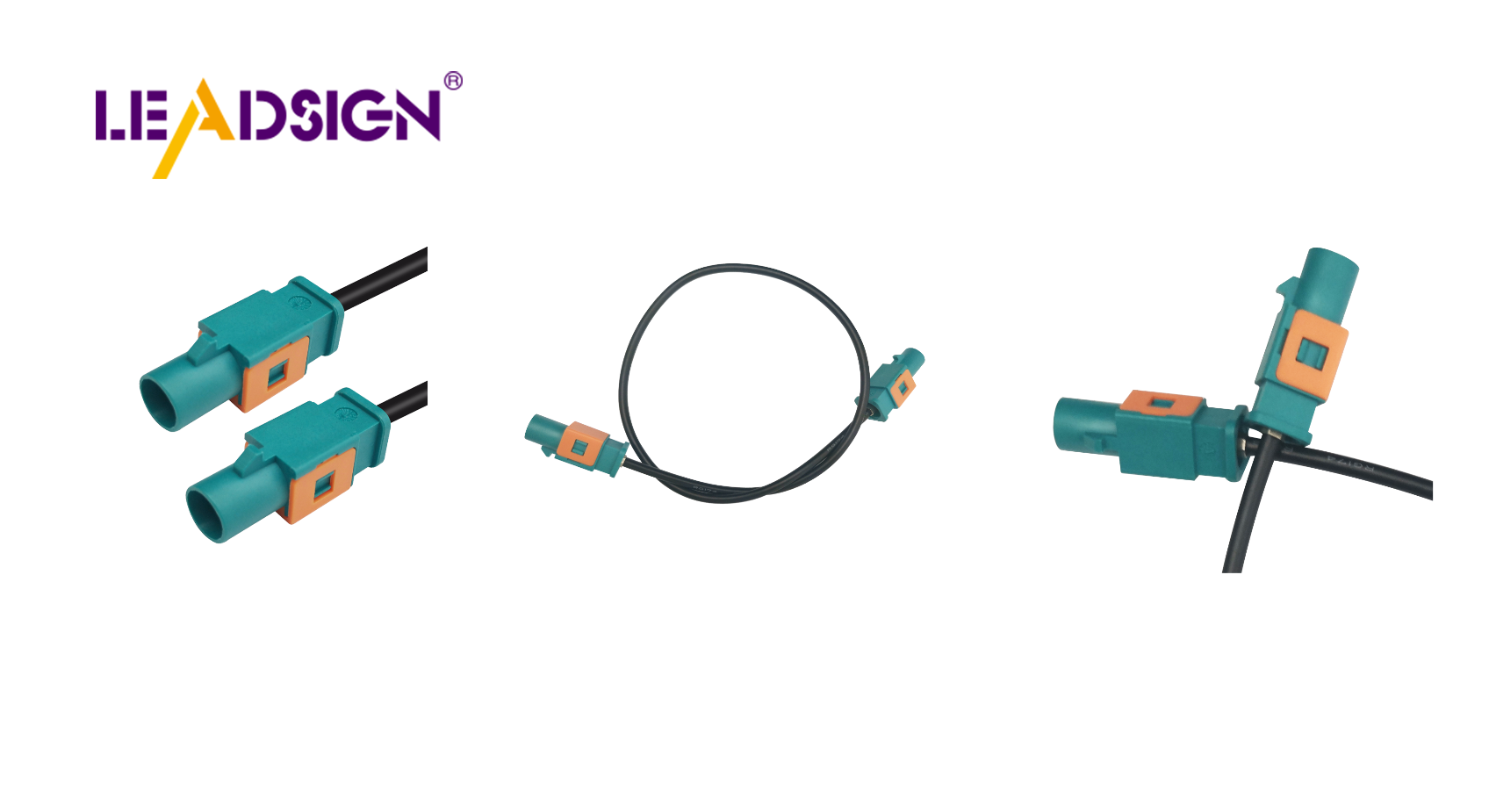A Beginner's Guide to Automotive Wiring Connector Types

Understanding different automotive electrical connectors types is crucial for automotive maintenance and repairs. Identifying the right connector and replacing a damaged one can be challenging tasks, especially for those unfamiliar with vehicle wiring. This comprehensive guide aims to simplify these processes by assisting you in locating and replacing connectors accurately. Enhancing your knowledge in this area will improve your ability to effectively repair and maintain automobiles.
Basic Connector Identification
Learning about car wiring connectors is important if you work with cars. This part will teach you how to spot connectors by looking at two things: the difference between plugs and receptacles, and how they look.
Plug vs. Receptacle
What They Are and How They're Different
In car wiring, plugs and receptacles are main parts. A plug fits into another piece, while a receptacle holds the plug. Think of the plug as a boy part and the receptacle as a girl part. Knowing this helps you see how car wires join together.
Where You Find Them in Cars
Plugs and receptacles are all over cars. You’ll find them in places like the engine area, connecting sensors to wires. They’re also in lights, making it easy to change bulbs. Knowing where they are helps you work with car wires better.
How They Look
Shape and Size
To know what kind of connector it is, check its shape and size. Connectors can be square, round, or rectangle-shaped. Bigger ones carry more power; smaller ones might send data signals. By looking at shape and size, you can guess what they do.
Color Codes
Colors help identify connectors too. Makers use colors to show what each does or which go together. Like blue goes with blue so you don’t mess up connections. Watching colors stops mistakes when hooking up car wires.
By learning these simple tips, you'll get better at working with car wiring connectors. This knowledge will help you learn more about fixing cars later on.
Detailed Features of Connectors
Knowing about car wiring connectors is important. This part shows you key things like pin numbers, how they fit, and where they are.
Pin Numbers
Why Pin Numbers Matter
Pin numbers help us know what a connector does. Each one has a set number of pins. This tells us what it can connect to. Knowing the pin number helps match parts right. It stops mistakes and keeps your car's wires working well.
Counting Pins Right
Counting pins right is very important. Look closely at the connector and count each pin one by one. Check all rows if there are many layers. Count again to be sure. Doing this helps find the right connector for your car.
Fit and Locks
What Keyways Do
Keyways make sure connectors fit together correctly. They stop wrong connections from happening. A keyway is like a groove that matches another part on the other piece. Knowing about keyways helps you pick the right connectors without breaking anything.
Lock Types
Locks keep connectors in place so they don’t come apart by accident. Clips, latches, and tabs are common locks used in cars. Learn about these locks to make sure connectors stay put when you fix them.
Where Connectors Are Found
Common Spots in Cars
Connectors are everywhere in cars like under the hood or inside the dashboard. Under the hood, they link sensors with control systems. Inside, they connect things like radios or air controls.
Getting to Hard-to-Reach Connectors
Some connectors are hard to get to but tools can help reach them safely without harm. Use pliers or special tools for tight spots and check your car’s manual for help too.
Helpful Tools for Finding Connectors
Finding car electrical connectors can be tough. But, there are tools to help you. This part shows how to use wiring maps and get help from others.
Wiring Maps
Wiring maps are important for finding car connectors. They show how the car's electric parts connect.
Reading Wiring Maps
To read wiring maps, learn the symbols first. Each symbol stands for a different part or connector. Lines link these symbols and show how power moves in the car. Look at colors and labels to know which wire is which. Practice reading maps to get better.
Where to Get Maps
You can find wiring maps in many places. Car repair books have them. Buy these books online or at auto shops. Some websites give free wiring maps for different cars. Make sure you have the right map for your car type.
Getting Help from Others
Sometimes, you need help with finding car connectors. Knowing when to ask can save time.
When to Ask Experts
If a problem is hard or you're unsure, ask an expert like a mechanic or electrician. They know how to fix tricky wires and can guide you well.
Online Help and Videos
Online chats and videos are great for learning about car connectors. Many people share tips online about fixing cars. You can ask questions and get answers from those who had similar issues before. Videos show steps clearly, making it easier to see what to do.
By using these tools, you'll learn more about car connectors. This will help you fix wires with confidence.
You learned to spot car wiring connectors by their types, shapes, and colors. You also found out why pin numbers and locks matter. Practice often to get better at finding and changing connectors. Use wiring maps and ask for help if needed. Make sure connectors fit tight to stop problems later. By learning these basics, you will get better at fixing cars.
See Also
Exploring HSD Connectors in Automotive Technology
In-depth Analysis of HSD Connectors
Navigating Ford Fakra Connector Technology
In-depth Look at Fakra Connectors: Fundamentals, Varieties, and Uses
Complete Overview of Fakra Connectors: Benefits, Uses, and Setup Suggestions

